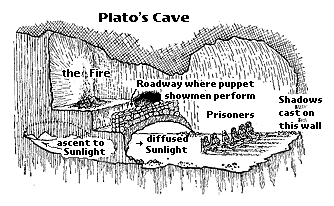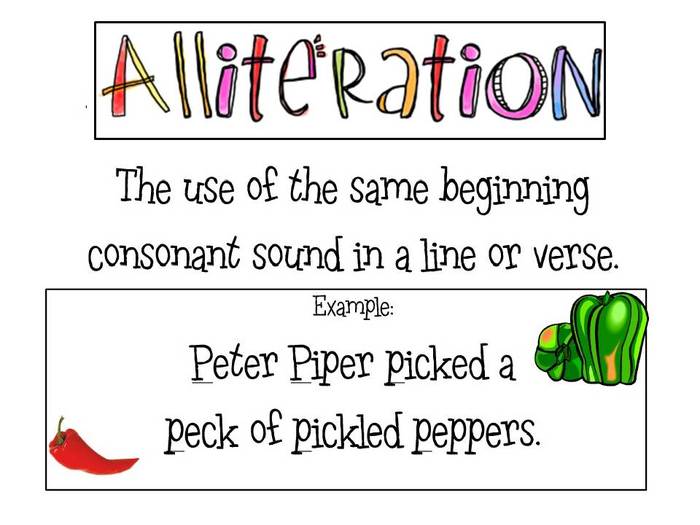1. Briefly summarize the plot of the novel you read, and explain how the narrative fulfills the author's purpose (based on your well-informed interpretation of same).
Pride and Prejudice, by Jane Austen, is a romantic novel set in old world England. The novel focuses on Mr. and Mrs. Bennet and their five daughters. Each daughter encounters different romantic adventures. The novel mainly focuses on the relationship Elizabeth Bennet experiences. Elizabeth has a very difficult relationship with a man named Mr. Darcy. She is an intelligent, strong, young woman and struggles to give in to Mr. Darcy's arrogant personality.
2. Succinctly describe the theme of the novel. Avoid cliches.
3. Describe the author's tone. Include a minimum of three excerpts that illustrate your point(s).
One of the many themes of Pride and Prejudice is a woman's role in society. During the time period of the novel women were thought to be more like property rather than equals. Fathers practically sold their daughters to successful young men. Women also didn't speak out against men in relationships. Elizabeth was very strong, but often struggled to tell Darcy how she really felt.
"So this is your opinion of me. Thank you for explaining so fully. Perhaps these offences might have been overlooked had not your pride been hurt by my honesty..." -Darcy
"And those are the words of a gentleman. From the first moment I met you, your arrogance and conceit, your selfish disdain for the feelings of others made me realize that you were the last man in the world I could ever be prevailed upon to marry." -Elizabeth
4. Describe a minimum of ten literary elements/techniques you observed that strengthened your understanding of the author's purpose, the text's theme and/or your sense of the tone. For each, please include textual support to help illustrate the point for your readers. (Please include edition and page numbers for easy reference.)
CHARACTERIZATION
1. Describe two examples of direct characterization and two examples of indirect characterization. Why does the author use both approaches, and to what end (i.e., what is your lasting impression of the character as a result)?
"Mr. Bennet was so odd a mixture of quick parts, sarcastic humour, reserve, and caprice, that the experience of three and twenty years had been insufficient to make his wife understand his character."
"Elizabeth Bennet for she had a lively, playful disposition, which delighted in any thing ridiculous."
4. Describe a minimum of ten literary elements/techniques you observed that strengthened your understanding of the author's purpose, the text's theme and/or your sense of the tone. For each, please include textual support to help illustrate the point for your readers. (Please include edition and page numbers for easy reference.)
CHARACTERIZATION
1. Describe two examples of direct characterization and two examples of indirect characterization. Why does the author use both approaches, and to what end (i.e., what is your lasting impression of the character as a result)?
Two examples of direct characterization are...
The author uses this type of characterization to forwardly get the point across how the characters act and behave. This technique is just as useful to me and helps me understand in black and white what their concrete characteristics are
Indirect characterization...
"You are too good. Your sweetness and disinterestedness are really angelic..." This quote about Jane Bennet helps to characterize Jane by listening to other characters opinions of her.
"Her mind was difficult to develop. She was a woman of mean understanding, little information, and uncertain temper. When she was discontented she fancied herself nervous. The business of her life was to get her daughters married; its solace was visiting and news." This quote about Mrs. Bennet is also indirect characterization and helps us to see about the mother but by using clues the author has said.
2. Does the author's syntax and/or diction change when s/he focuses on character? How? Example(s)?
Jane Austen's syntax/ diction does shift a lot as she goes from narrating to talking about characters. While in the "author state" her diction is quite normal, describing things around her and what is visually there. On the other hand, while inside the mind of Elizabeth, she is very sarcastic and definitely has her own opinion on things. It is satire at its finest.
Example of satirical quote from Elizabeth starts right at the very first sentence of the novel.
"It is a truth universally acknowledged that a single man in possession of a large fortune must be in want of a wife"
This is satirical due to the fact that it is only universally acknowledged by mothers who have daughters!
3. Is the protagonist static or dynamic? Flat or round? Explain.
The protagonist, Elizabeth Bennet is definitely a dynamic, round character. At the beginning of the novel she totally pre-judged Darcy and took him for a snot-faced rich man whom she wanted nothing to do with. Throughout the novel as they had many interactions such as him proposing to her and her saying no, she was quite disgusted by him. In the latter part of the book, she finds herself falling for him and realizing how he too could be pretty decent. She is a dynamic character because she allows her thoughts of him to change. Elizabeth is also a round character because she is given a conflict and changed by it. In the beginning of the story she wants nothing to do with a lowlife like Darcy and when she finds out otherwise she is changed.
4. After reading the book did you come away feeling like you'd met a person or read a character? Analyze one textual example that illustrates your reaction.
After reading this novel I feel like I had thoroughly met these characters. They were all developed with a lot of thought by Austen and they seem very realistic. When I was reading the novel I was happy that I was let into their minds and could see what they really were thinking.
2. Does the author's syntax and/or diction change when s/he focuses on character? How? Example(s)?
Jane Austen's syntax/ diction does shift a lot as she goes from narrating to talking about characters. While in the "author state" her diction is quite normal, describing things around her and what is visually there. On the other hand, while inside the mind of Elizabeth, she is very sarcastic and definitely has her own opinion on things. It is satire at its finest.
Example of satirical quote from Elizabeth starts right at the very first sentence of the novel.
"It is a truth universally acknowledged that a single man in possession of a large fortune must be in want of a wife"
This is satirical due to the fact that it is only universally acknowledged by mothers who have daughters!
3. Is the protagonist static or dynamic? Flat or round? Explain.
The protagonist, Elizabeth Bennet is definitely a dynamic, round character. At the beginning of the novel she totally pre-judged Darcy and took him for a snot-faced rich man whom she wanted nothing to do with. Throughout the novel as they had many interactions such as him proposing to her and her saying no, she was quite disgusted by him. In the latter part of the book, she finds herself falling for him and realizing how he too could be pretty decent. She is a dynamic character because she allows her thoughts of him to change. Elizabeth is also a round character because she is given a conflict and changed by it. In the beginning of the story she wants nothing to do with a lowlife like Darcy and when she finds out otherwise she is changed.
4. After reading the book did you come away feeling like you'd met a person or read a character? Analyze one textual example that illustrates your reaction.
After reading this novel I feel like I had thoroughly met these characters. They were all developed with a lot of thought by Austen and they seem very realistic. When I was reading the novel I was happy that I was let into their minds and could see what they really were thinking.


